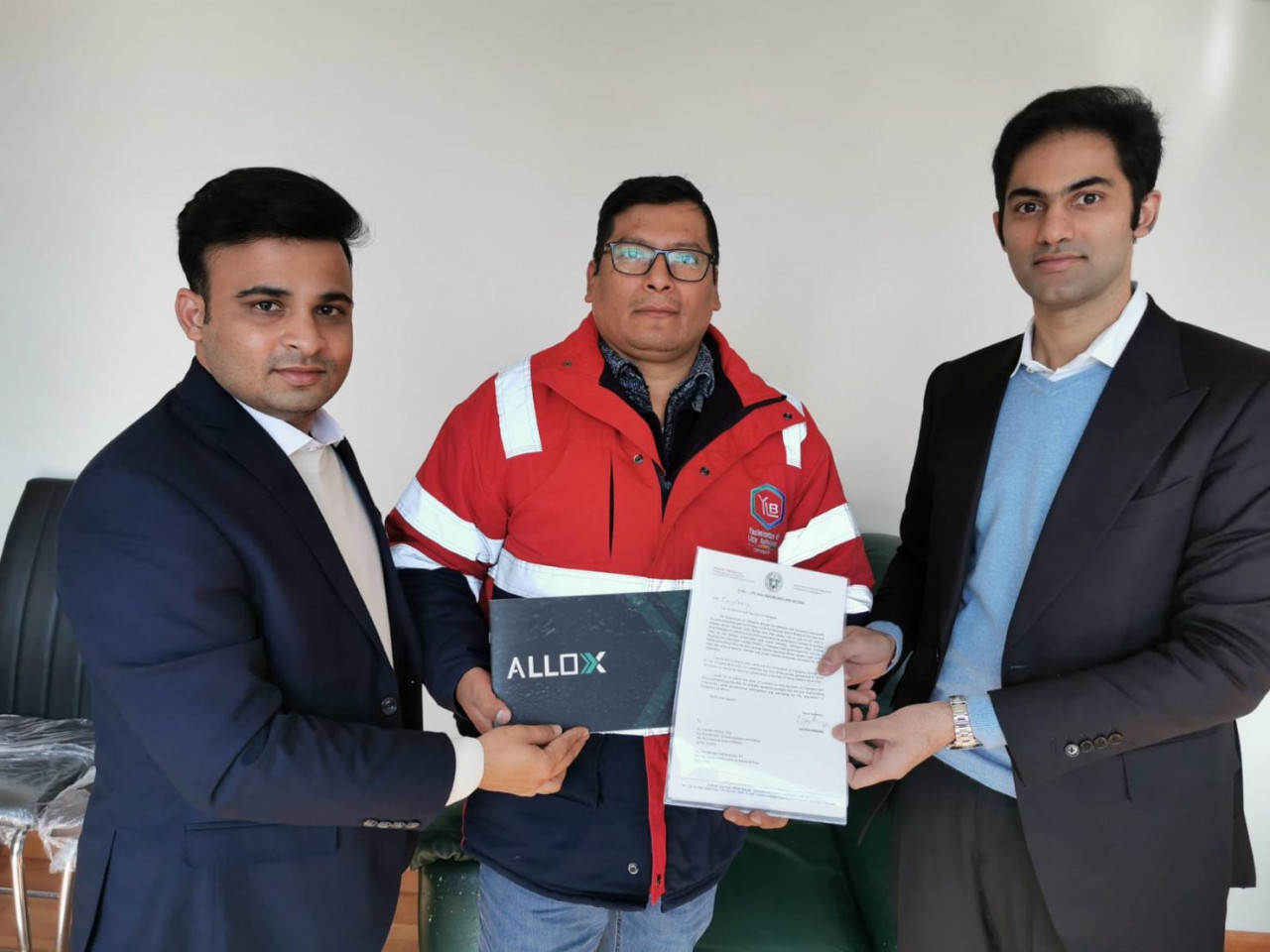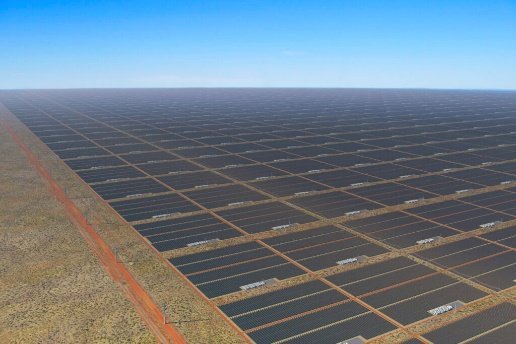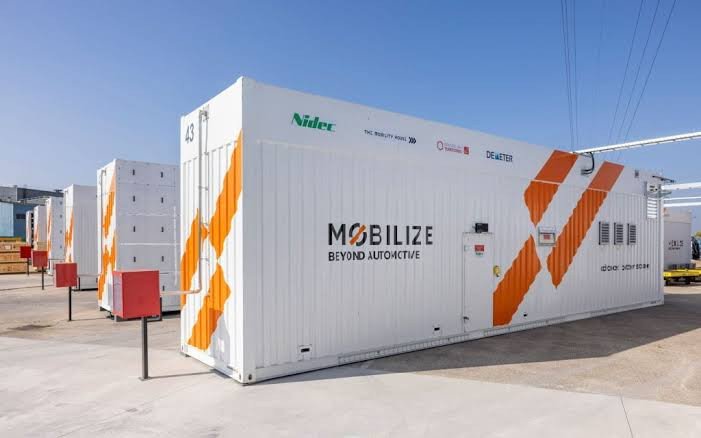Singapore announces hydrogen strategy, raises national climate target
Singapore has recently announced its national climate target to achieve net zero emissions by 2050 simultaneously launching its national hydrogen strategy.
At the Singapore International Energy Week held on Oct 25, 2022, Deputy Prime Minister Lawrence Wong outlined Singapore's national strategy to develop hydrogen. In 2030, the county will reduce emissions to around 60 million tons of CO2 equivalent (MtCO2e).
The Deputy PM outlined five key strategies to promote hydrogen in the Island City-State, saying, "In this regard, we will launch an Expression of Interest for a small-scale commercial project on utilizing ammonia for power generation, including developing ammonia supply chains to also support marine bunkering needs".
"Such a project will allow us to assess the viability of ammonia — as both a hydrogen carrier and as a direct fuel — and develop regulations and an ecosystem to support it." He was particular to state that Singapore would experiment with the use of advanced hydrogen technologies that are on the cusp of commercial readiness.
In 2021, the government allotted $55 million to projects under Phase-1 of the Low Carbon Energy Research program. A further $129 is to be set aside for Phase-2.
The second strategy will see Singapore conduct R&D through collaborations between academia and industry to advance hydrogen technologies under the LCER program.
As a third initiative, the government is keen to work closely with industry and international partners to create and scale up supply chains for low-carbon hydrogen.
Deputy PM Wong said, "This will include advancing the development of Guarantee of Origin certification methodologies, ensuring that methodologies are interoperable across jurisdictions, and building a trading and financing ecosystem to facilitate global trade of low-carbon hydrogen."
Fourthly, Singapore will develop the land and infrastructure for the mass deployment of hydrogen, to store and transform the hydrogen into power.
Finally, the opportunities along the hydrogen supply chain - from financing, trading, certifying, transporting, storage and deployment - will create new jobs for enterprises and workers of Singapore. Wong has plans to work with industry and the education sector to support workforce training. He foresees this as an opening to put Singaporeans in a good position to be employed in the global hydrogen economy.
RELATED: Global Progress in 'Green' transition: Singapore, Indonesia, Philippines




















